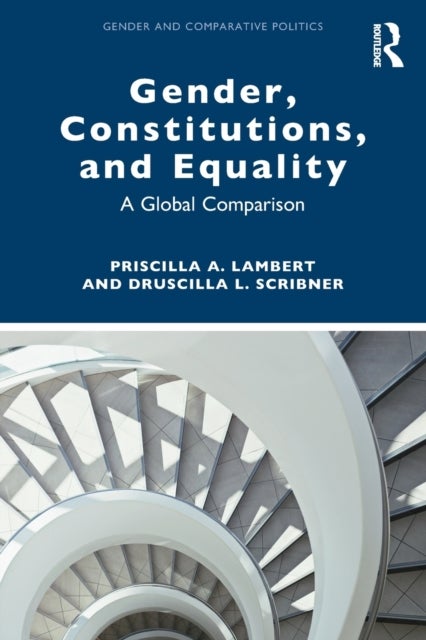
Gender, Constitutions, and Equality av Priscilla A. (Western Michigan University USA) Lambert, uscilla L. (University of Wisconsin USA) Scribner
469,-
<P>This book addresses whether the "gendering" of constitutions promotes women¿s equality.</P><P>The authors use a mixed-methods approach to explore how constitutional gender rights affect political processes and strategies, legislative and judicial outcomes, and ultimately women¿s equality. They employ a cross-national study by constructing a unique database of gender provisions in over 100 countries at three points in time: 1995, 2005, and 2015. Four in-depth comparative case studies on Argentina, Chile, South Africa, and Botswana trace the complex relationship between constitutional law, strategies, and policy change in four policy areas: family law, gender-based violence, reproductive rights, and employment rights. They argue that where egalitarian constitutional provisions are present, women¿s rights advocates can use them as a tool to fight gender discrimination and pursue policy changes that address gender-based power disparities.</P><P>At a time when gender equality provisions








